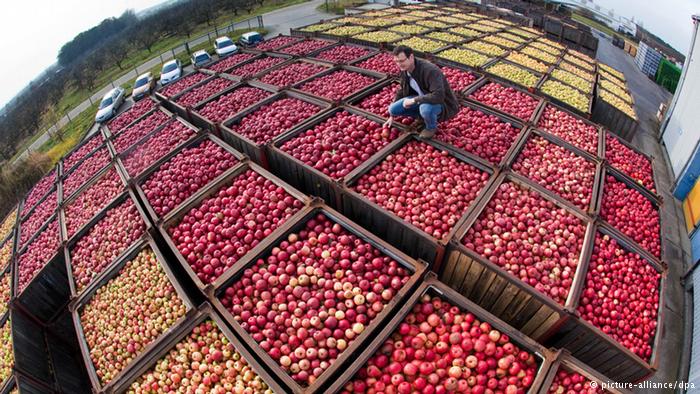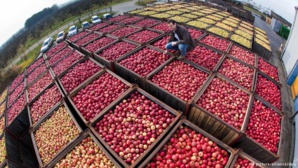In an investigation conducted by Fern, a NGO based out of Brussels, reports that a quarter of agricultural goods produced from land that has illegally been deforested are headed towards markets in the European Union. As per the report, the yearly value of such goods produced amounts to a whopping €6bn. In a startling revelation, it finds that almost half of the total value of the EU’s consumption of agricultural commodities can be connected to illegal deforestations in Brazil and a quarter linked to Indonesia.
While the revelations and the figures can be quite shocking, a few campaigners see it as yet another example of how the EU is dependent on such low cost imports while ignoring the social and environmental havocs associated with it.
“The EU population would not accept these kinds of illegalities, human rights abuses and environmental damage if it was happening within their borders, so it’s hypocritical to then not care about the influence EU imports has on them [elsewhere],” says Sam Lawson, an independent environmental investigator and the author of the Fern Report.
Already a group of leading NGOs are pushing for legislation that compel European companies to clean up their supply chain. Currently EU companies follow voluntary guidelines related to such ethical trade issues. The Fern Report is a clear pointer to the fact that such voluntary guidelines have done little to curb such illegal imports.
While the revelations and the figures can be quite shocking, a few campaigners see it as yet another example of how the EU is dependent on such low cost imports while ignoring the social and environmental havocs associated with it.
“The EU population would not accept these kinds of illegalities, human rights abuses and environmental damage if it was happening within their borders, so it’s hypocritical to then not care about the influence EU imports has on them [elsewhere],” says Sam Lawson, an independent environmental investigator and the author of the Fern Report.
Already a group of leading NGOs are pushing for legislation that compel European companies to clean up their supply chain. Currently EU companies follow voluntary guidelines related to such ethical trade issues. The Fern Report is a clear pointer to the fact that such voluntary guidelines have done little to curb such illegal imports.
“Promises from big companies are all well and good, but I don’t think the voluntary approach will succeed on its own because of the level of illegality and poor governance involved. The regulatory approach taken by the EU on timber has been transformative of the industry and has driven change in a way that the voluntary approach over previous decades was unable to achieve on its own. Similar action is needed by the EU on commodities like conflict minerals, clothing from sweatshops and agricultural products.”
In the new legislation which will be put up before parliament this week, conflict metals - metals whose mining have been linked to funding wars, which typically are gold, tungsten, tantalum and tin – used for jewelries and electronic goods have also been added to list of items whose supply chain needs monitoring.
Michael Gibb from the Global Witness, the NGO which is heading this campaign of cleaning up of the European Union’s mineral trade with a yearly value of €123 billion, was of the opinion that proposals in the Conflict Minerals Regulation which will tabled in EU’s parliament are weak and thus ineffective. And they risk undermining the existing voluntary frameworks which it is presently endorsing. Just so that one gets a sense of perspective, the value of the EU mineral trade (€123 billion) is the fourth largest in the world.
“The EU’s current position is very, very concerning, and makes many European companies, consumers and investors vulnerable to reputational risks by potentially inadvertently funding some very serious abuses,” says Gibbs.
The current situation necessitates a combination of a central procurement policy as well as a regulatory body that monitors the requirements as well as the process of acquisition of goods. The entire supply chain should come under a monitoring body.
“If the big companies making ethical promises really want to make a difference, they should throw their weight behind such action by government,” says Lawson.






